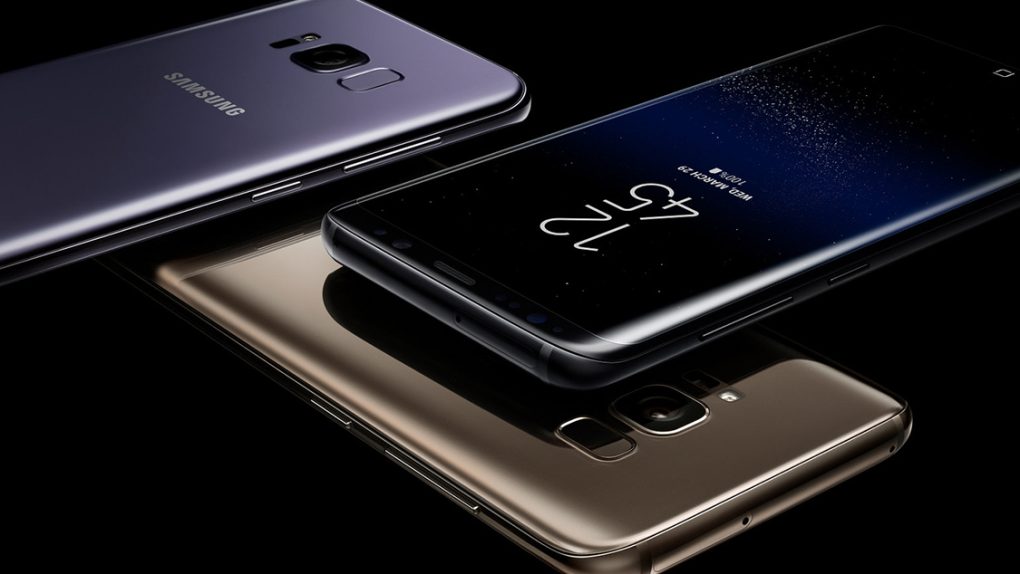DeX might be a peculiar name for a smartphone accessory, but this nifty dock actually facilitates one of the most talked-about features in the new Galaxy S8 and Galaxy S8+. Samsung unveiled its next-generation flagship smartphones on Wednesday, putting an end to months of persistent leaks and rumors that painted a near-complete picture of the new handsets. That picture included word that the phones would debut alongside a new dock accessory capable of enabling a unique desktop experience, but it wasn’t until the Samsung DeX was unveiled that we really got a sense of just how impressive it is. Let’s take a closer look.
We went over the basics in our hands-on Galaxy S8 preview as well as our other coverage of Samsung’s be announcements on Wednesday. In a nutshell, the new Samsung DeX is a tiny puck that slides open to become a cradle. The Galaxy S8 or Galaxy S8+ sits in the dock and connects via the USB-C port, and the DeX can then connect to a monitor and wired or wireless keyboard and mouse.
The hardware is well-designed, but the software is obviously where the Samsung DeX shines.
Here’s how Samsung describes DeX:
Samsung DeX is a new service that lets users use their smartphone like a desktop by providing a seamless, secure mobile to PC transition. Currently compatible with Samsung Galaxy S8 and S8+, Samsung DeX provides an Android-based, desktop-like experience that enables users to seamlessly access mobile apps, edit documents and browse the web. Furthermore, its optimized interface allows users to easily multitask, watch videos in resizable windows, reply to messages via a task bar and more, directly from their smartphone on a larger display using a keyboard and mouse.
We were lucky enough to check DeX out in person, and we can assure you that the experience is impressive. The skeptics out there will wonder if there’s really any way Android translates well to a desktop environment, and we can assure you that the answer is yes.
Samsung’s own apps have been optimized for DeX, so they look just like desktop apps on other platforms. Windows can be dragged around and resized, and Samsung has even added right-click support with contextual menus like you would find on Windows or macOS. Some third parties have optimized their apps as well — most notably, Microsoft’s Office suite — and more support is undoubtedly coming.
Third-party apps that haven’t been optimized for DeX still work just fine on the big screen, they just can’t be resized. It’s a lot like Android app support in Chrome OS. In fact, the entire experience feels a lot like Chrome OS in that it’s lightweight and super fast. Apps open in the blink of an eye, and web pages load just as quickly.
You can read more about DeX on Samsung’s website, and it’ll start shipping sometime next month for $150. You’ll find a video showcasing this nifty solution embedded below.








